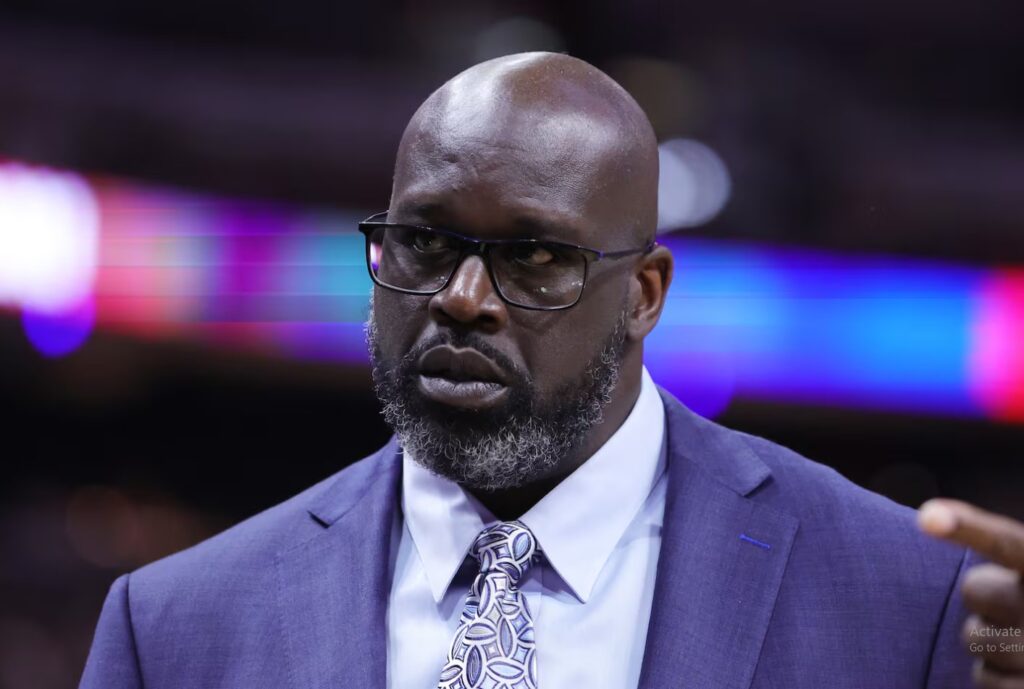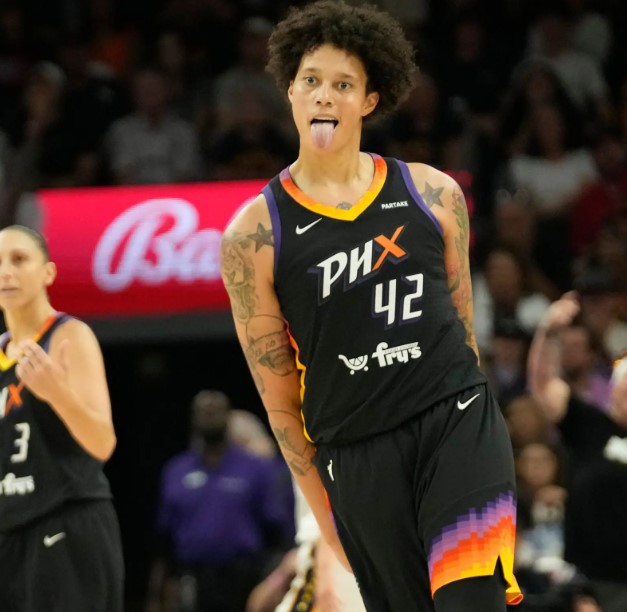The controversy stems from Brittney Griner’s decision in 2020 to kneel during the national anthem as a form of protest against systemic racism and social injustice in America. While many praised her courage to take a stand on important social issues, others viewed her actions as disrespectful to the flag, military personnel, and the country itself.
O’Neal’s background as someone who has worked closely with law enforcement and maintained relationships with military families clearly influenced his perspective on this sensitive topic. His later explanation on his personal livestream revealed the depth of his feelings: “I’ve worn a badge, I’ve sat in rooms with soldiers, I’ve lost friends who wore uniforms.”
The backlash to O’Neal’s comments was swift and predictable, with progressive voices accusing him of promoting “selective patriotism” while WNBA supporters argued that he was undermining players’ rights to peaceful protest. However, O’Neal also received significant support from veteran organizations, Gold Star families, and conservative commentators who felt his words expressed sentiments they had long held but rarely heard articulated so clearly.

Behind the scenes, Olympic committee sources suggest that Griner’s public image is now under “informal review” as sponsors and marketing teams reassess their strategies for upcoming international competitions. One anonymous high-level sponsor reportedly stated that they are “reassessing all forward-facing marketing content” involving controversial figures, emphasizing the need for unifying rather than divisive representation.
The timing of this controversy coincides with growing discussions about Caitlin Clark’s emergence as a potentially transformative figure in women’s basketball, someone who represents a different approach to athletic success and public engagement. Clark’s focus on basketball excellence without political commentary has made her an attractive alternative for those seeking representation that transcends cultural divisions.

O’Neal’s implicit reference to younger athletes “doing it the right way” without “drama” or “politics” clearly pointed toward figures like Clark, who have managed to achieve tremendous success while avoiding controversial political positions. This comparison further intensified the debate about what qualities should define America’s Olympic representatives.
The broader implications of this incident extend beyond individual athletes to fundamental questions about the role of sports in American society and the expectations placed on those who represent the country internationally. The divide between those who view protest as patriotic expression and those who see it as disrespectful to national symbols remains as sharp as ever.

Industry insiders report that the WNBA was already facing challenges with declining viewership, sponsor concerns, and internal conflicts before this latest controversy erupted. O’Neal’s comments have added another layer of complexity to an already difficult situation for league officials and team management.
As the Olympic selection process continues, Team USA officials must navigate these cultural tensions while attempting to field the most competitive roster possible. The challenge lies in balancing athletic merit with public perception and sponsor expectations in an increasingly polarized media environment.

Ultimately, Shaquille O’Neal’s thirteen-word statement has forced a national conversation about the intersection of sports, politics, and patriotism that will likely continue long after the current Olympic cycle concludes. Whether this moment leads to meaningful dialogue or further entrenchment of existing positions remains to be seen, but its impact on American sports culture is already undeniable.